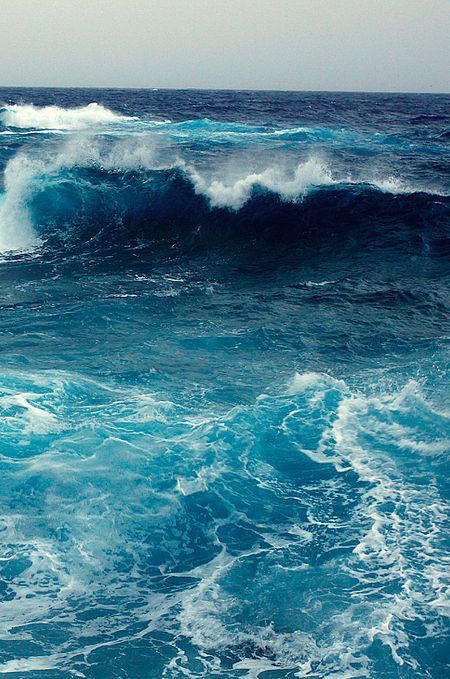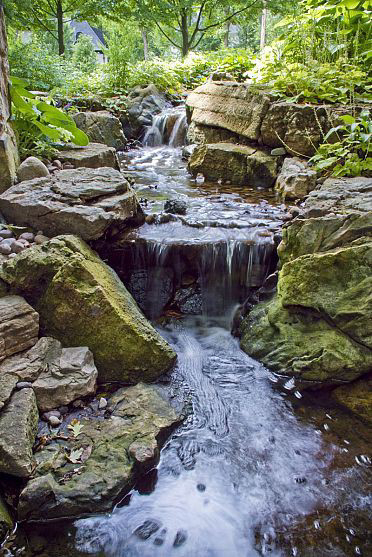What is Water?
Water is a fundamental substance that is essential to all known forms of life. It is a molecule that consists of two hydrogen atoms and one oxygen atom, known as H2O. It is a colorless, odorless, and tasteless substance that can exist in all three states of matter: solid, liquid, and gas. Water is an incredibly versatile substance that has numerous unique physical and chemical properties, making it a vital resource for many human activities.
The unique properties of water are a result of its molecular structure. The molecule of water is polar, meaning that it has a partial positive charge on the hydrogen atoms and a partial negative charge on the oxygen atom. This polarity results in water molecules being attracted to one another through hydrogen bonding, which gives water its high surface tension and cohesion. These properties allow water to be a solvent, a transport medium, and a lubricant, making it vital to many biological processes.
Water is an abundant substance on Earth, covering about 71% of its surface. It is found in oceans, lakes, rivers, and underground aquifers, and is also present in the atmosphere in the form of water vapor. The water cycle, which includes processes such as evaporation, condensation, precipitation, and runoff, plays a crucial role in regulating the Earth's climate and maintaining the balance of life-sustaining processes.
Water is essential for life, and its availability is a critical factor in determining the distribution and abundance of living organisms. All living things require water to survive, and it is involved in almost every biological process, from photosynthesis to digestion. Water is also vital for regulating body temperature, maintaining blood pressure, and removing waste products from the body.
The physical and chemical properties of water make it an incredibly versatile substance that is used in a wide range of human activities. Water is used for drinking, cooking, and bathing, and is also essential for agriculture, industry, transportation, and energy production. Water is used to irrigate crops, cool power plants, and transport goods across the world's oceans. It is also used as a solvent in chemical reactions and a cleaning agent in many industrial processes.
Despite its abundance, access to safe and clean water remains a significant challenge for many people worldwide. Water scarcity, pollution, and climate change are just some of the issues that affect water availability and quality. These challenges are particularly acute in developing countries, where access to safe and clean water is often limited, and the consequences of water scarcity can be severe.
Water is a critical resource that is essential for life and human activities. Its unique physical and chemical properties make it a versatile substance that is used in a wide range of applications. Access to safe and clean water is essential for human well-being, and addressing the challenges of water scarcity, pollution, and climate change is a critical global issue.









No comments:
Post a Comment